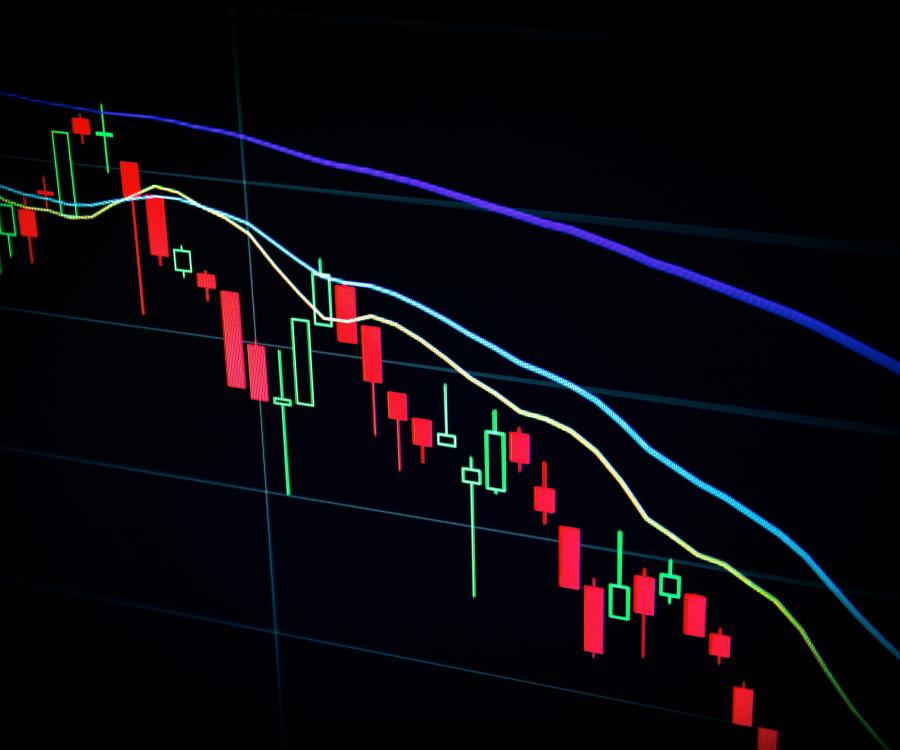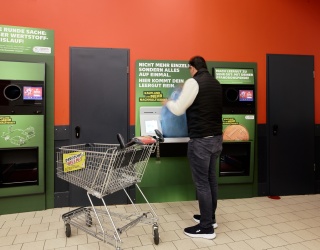Ethics in retail - an aspect that is rarely in the spotlight but is becoming increasingly important. Sustainability, social responsibility and fair competitive conditions make ethical conduct indispensable for companies.
Prof. Dr. Tobias Wollermann, VP Corporate Responsibility at the Otto Group, explains how retailers can meet these challenges, who is leading the way and why developments around Temu and Shein are making the topic even more important.

Tobias, ethics is not exactly a common term in retail. What do you understand by it when it comes to the retail world?
Tobias: For me, ethics in trade means that companies take responsibility - towards their customers, business partners, society and the environment. It's about promoting fair business practices that focus on the well-being of everyone involved.
Why are ethics in retail gaining in importance right now?
There are several reasons for this.
- Consumers are becoming increasingly aware of social and environmental issues. Only those who are transparent and integrate ethical standards into their supply chains can be successful in the long term.
- Global challenges such as the climate crisis and social inequality are a challenge for all stakeholders in society - and that explicitly includes companies.
- Legal requirements are playing an increasingly important role. Sustainability and corporate responsibility standards are becoming increasingly strict. Companies that do not comply not only risk legal consequences, but also their reputation and market position.
What does this commitment look like for you - at the Otto Group?
For us, this means actively campaigning for better working conditions in the supply chains - conditions in which human rights are respected and the environment is protected. Our aim is to offer products that are manufactured under fair conditions and at the same time keep our ecological footprint as small as possible.
I also see us as a role model in this respect: environmental protection has been one of our key objectives since 1986. We began systematically improving working conditions in our supply chains back in the 1990s. We are involved in initiatives and alliances such as the International Accord on Occupational Safety in the Textile Industry and the KlimaWirtschaft Foundation, which was co-founded by Prof. Dr. Michael Otto.
Which other companies do you see in a pioneering role here?
A good example is Vaude, which sets standards in the industry - for example through resource-conserving production, durable products and innovative circular economy models. Another role model is Patagonia, which has been committed to donating 1% of its turnover to environmental projects since 1985 and is strongly committed to social justice.
What role do platforms like Temu and Shein play in this?
Competition stimulates business - there's no question about that. We are watching with professional interest how platforms such as Temu and Shein are engaging young people through gamification, discount codes and influencer marketing in their apps.
However, there are also providers on these marketplaces who do not adhere to the basic rules of fair competition in Europe. Studies show that products are offered there that are proven to be harmful to health. In addition, some suppliers sell counterfeit products, circumvent customs regulations or use public subsidies for transportation, which enables extremely low prices.
We hope that the negative effects of such fast-consumption models will be stopped. Otherwise, all efforts to promote healthy and sustainable consumption will come to nothing. Politicians and control authorities such as customs must take a closer look at these business models and draw regulatory consequences. Fair competitive conditions - a level playing field - are essential in an eco-social market economy.
Despite all the progress, including at European level, where do you see the biggest challenges and what remains to be done?
One of the biggest challenges is the aforementioned transparency in global supply chains. This is a mammoth task, especially with complex structures.
In addition, the transition to more sustainable business models is often time-consuming and cost-intensive, as existing processes have to be fundamentally revised.
Another problem is the lack of awareness in society. Consumers need to be made even more aware of the importance of sustainable consumption and motivated to make responsible purchasing decisions.
Added to this is the increasing regulation in the area of sustainability. Companies in Germany and the EU are faced with increasingly complex regulations. A level playing field that creates the same rules for all players is therefore essential. Unfortunately, there are suppliers who do not adhere to basic competition rules.
In your opinion, what should a retailer do to act ethically?
In my view, there is no universal recipe, but certain principles and strategies can serve as guidelines.
- A clear attitude and values on sustainability are needed. The attitude must be exemplified by the management level. Values such as transparency, fairness and responsibility should be incorporated into all business decisions in order to ensure ethical business practices.
- Companies must make data-based decisions. It is crucial to define clear KPIs to know what is to be achieved and what resources are needed to achieve it.
- A willingness to innovate technologically is needed. Retailers should be open to new technologies and trends and use them to optimize their processes and promote sustainable practices.”







